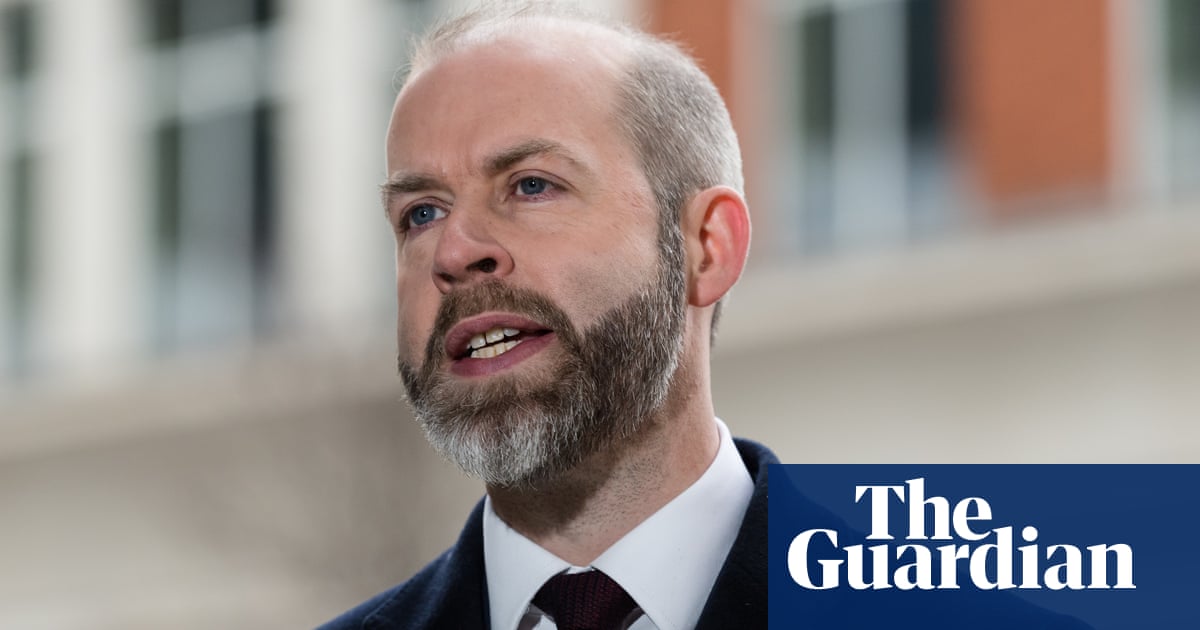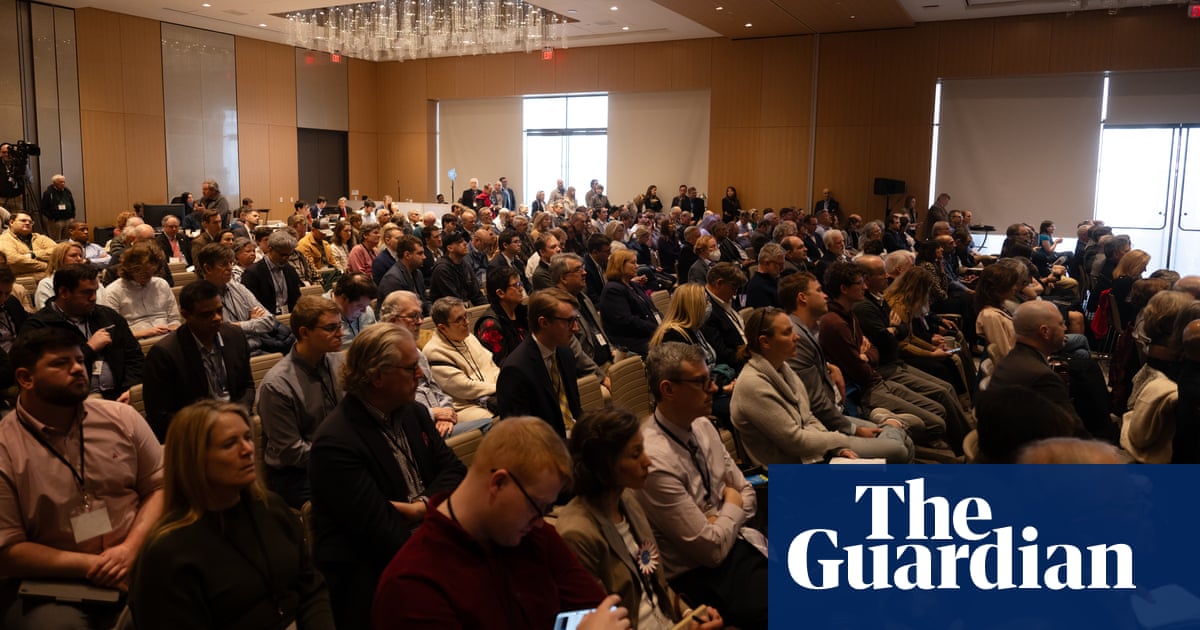Globally, home is the most dangerous place for women, a United Nations paper reported last week. It was referring to femicide, the killing of women by a partner or former partner, but as we’ve learned over the past three months during the trial of Dominique Pelicot, 72, and the 50 “ordinary” men who visited Gisèle Pelicot, 72, when she was drugged and comatose, to have sex with her inert body, home offers no haven for the living either.
Pelicot waived her right to anonymity, allowing her ex-husband’s cache of videos of the nocturnal rapes to be shown in court. “The shame is theirs,” she pointed out, always composed, refusing to be humiliated.
She has been applauded daily by feminists outside the court during the trial in Avignon. “Laissez nous dormir,” read the banners. “Let Us Sleep!” The case has also prompted demonstrations across France against gender-based violence. This is, “everyone’s business” not just the concern of women, one protester said.
Misogyny, however, is adaptable and resilient, as is the ability of the patriarchy to protect its most perverted and powerful. Change was promised after the exposure of Jimmy Savile Harvey Weinstein and Jeffrey Epstein and others. The same promises will be made again following the emerging understanding of the scale of abuse conducted for decades by the late Mohamed Al Fayed, his actions enabled by some of his staff, “a tame policeman” and his wealth.
As the Pelicot case illustrates, new frontiers of abuse are opening up, including voyeurism aided by surveillance technology; the all-pervasive influence of pornography with its focus on the powerless woman, and poorly regulated cyberbullying exposing females on the internet to audiences of millions. A woman’s right to personal privacy, security and safety is in a perilous place.
Michel Barnier, the French prime minister, has said “more needs to be done”, beginning with a new campaign in France about the danger of drug-induced abuse and funds for victims of male violence. Pelicot herself told the court: “I’m expressing myself here not with anger or my hatred but with a will for society to change.” Can it?
According to an Ifop poll in October, in France, eight in 10 French people have heard of the trial and nearly three-quarters believe it demonstrates, “the permanence and trivialisation of sexual violence in our society”. In the French legal system, rape is currently defined as “sexual penetration, committed against another person by violence, constraint, threat or surprise”. Consent may now be introduced. But consent can be extracted from a woman who is coercively controlled and too terrified to refuse. It is not the best lesson learned. The challenges in achieving justice for raped and sexually assaulted women – let alone prevention from attack – are far more complex and deeply rooted.
Dominique Pelicot, who also took illicit photographs of his daughter and two daughters in law, horrendously wounding his family, is expected to receive a 20-year sentence when the trial ends this month. Only 14 of the defendants, aged from 26 to 74, on trial with Pelicot have pleaded guilty. Redouane El Fahiri, 55, a married nurse, told the Sunday Times: “Gisèle Pelicot is not the only victim I am one too.” The men may face sentences of up to 18 years.
after newsletter promotion
Hefty punishment is expected because Pelicot is the perfect victim. The defence lawyers tried the usual tactics of undermining her evidence, they failed, ironically partly aided by Dominique Pelicot’s own videos. Gisèle Pelicot was not promiscuous. She had slept with two men knowingly in her life. Her behaviour did not precipitate the attacks – she was in a stupor. She was not lying to seek revenge – the videos said otherwise. She is no drinker. She is a demurely dressed septuagenarian. Her consent was never an issue. She had been rendered mute by drugs.
But what of the rape cases where it is the credibility and character and dress of the victim that is on trial not the actions of the accused? Nikita Hand has just won a civil case in Dublin against martial arts fighter Conor McGregor that he raped her “on the balance of probability”. Over £200,000 has been awarded in damages. A criminal case would have required the charge to be proved “beyond reasonable doubt”. The director of public prosecutions decided not to prosecute. Hand said she had been “very drunk” at the time of the attack.
News of the successful civil case, according to Rape Crisis Northern Ireland, has resulted in a surge of 150% in calls to rape helplines. Individual women courageously refusing to allow rape myths to steal their right to justice do matter but it’s radical systemic change of the criminal justice system as a whole that’s required – and for more men to challenge their fellow males. Rape is not masculine booty; it is among the worst of crimes.
Rape Crisis says in July 2023 to June 2024 69,184 rapes were reported in England and Wales, only 2.7% led to a charge. Fewer than one in six rapes are reported to the police. What’s the point? Rape and sexual assault are the gold standard offences for perpetrators because there is so little retribution.
Pelicot was asked in court why she hasn’t changed her name. “I have grandchildren called Pelicot,” she replied. “I want them to be proud”. Pride in their grandmother for sure. In contrast, in Romania, Andrew Tate, facing charges of trafficking and rape, has offered his woman-hating support to Conor McGregor. “It’s literally impossible to be a man in the western world,” he complains. If only.

 2 months ago
59
2 months ago
59













































